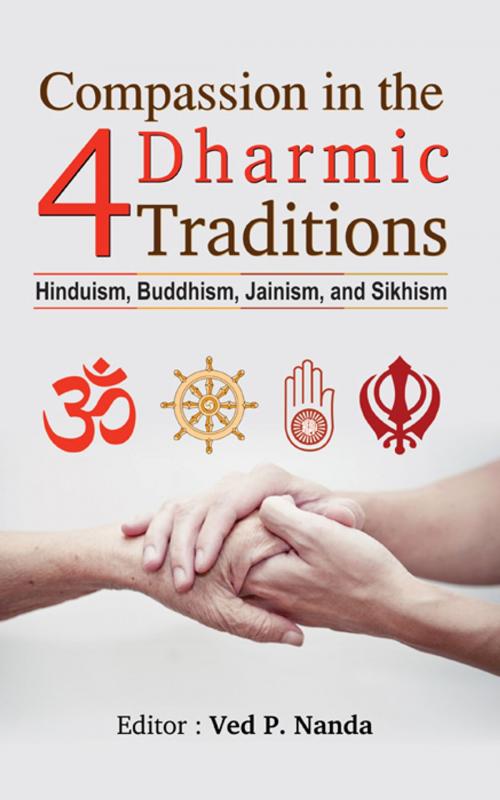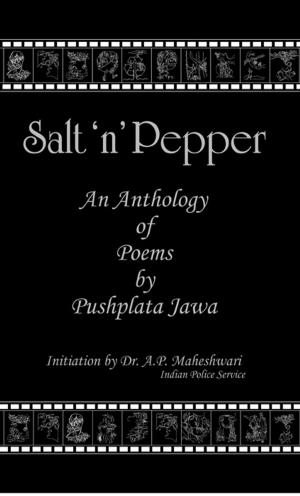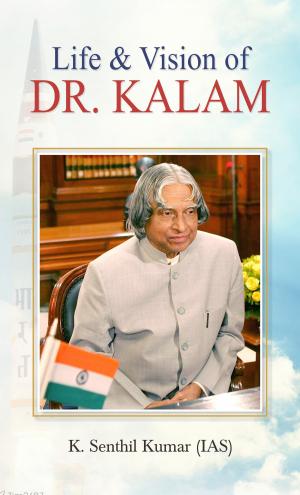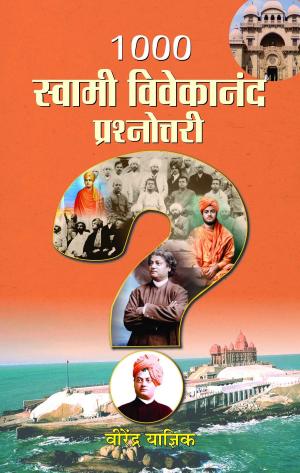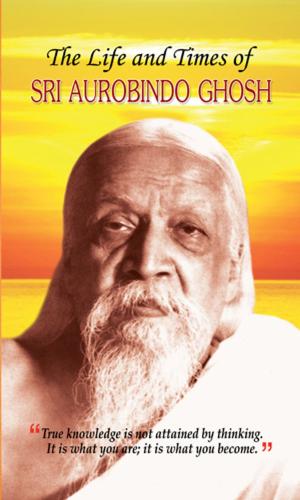| Author: | Ved P. Nanda | ISBN: | 9789351867364 |
| Publisher: | Prabhat Prakashan | Publication: | December 15, 2009 |
| Imprint: | Language: | English |
| Author: | Ved P. Nanda |
| ISBN: | 9789351867364 |
| Publisher: | Prabhat Prakashan |
| Publication: | December 15, 2009 |
| Imprint: | |
| Language: | English |
The Dharmic traditions Hinduism, Buddhism, Jainism, and Sikhism share much in common, not with standing a number of variations among them. In all these traditions the scriptures, writings, and practices hold compassion as an integral part and a supreme virtue. This collection of essays by leading scholars from different disciplines aptly captures the essence of the religious and spiritual aspects of these traditions as they relate to compassion. Most of the authors are practitioner-scholars and are experts in their own disciplines, including sciences, humanities, social sciences, law, and religion. The experts met in September 2014 at Naropa University in Boulder, Colorado, for two days of lively deliberations under the auspices of the Uberoi Foundation for Religious Studies, which was established to spread awareness and promote understanding of the Dharmic traditions throughout North America.After addressing the ‘central and fundamental’ knowledge of these traditions and the common features and interactions among them, the essays here discuss compassion from various perspectives, such as relationship with the natural world and the environment, selfless service, and the treatment of animals. A final set of essays sheds light on the significance of compassion in each of these Dharmic traditions.As a comparative study, this is a unique collection from which a clear picture emerges of the central theme of moral and compassionate conduct in the Dharmic traditions.
The Dharmic traditions Hinduism, Buddhism, Jainism, and Sikhism share much in common, not with standing a number of variations among them. In all these traditions the scriptures, writings, and practices hold compassion as an integral part and a supreme virtue. This collection of essays by leading scholars from different disciplines aptly captures the essence of the religious and spiritual aspects of these traditions as they relate to compassion. Most of the authors are practitioner-scholars and are experts in their own disciplines, including sciences, humanities, social sciences, law, and religion. The experts met in September 2014 at Naropa University in Boulder, Colorado, for two days of lively deliberations under the auspices of the Uberoi Foundation for Religious Studies, which was established to spread awareness and promote understanding of the Dharmic traditions throughout North America.After addressing the ‘central and fundamental’ knowledge of these traditions and the common features and interactions among them, the essays here discuss compassion from various perspectives, such as relationship with the natural world and the environment, selfless service, and the treatment of animals. A final set of essays sheds light on the significance of compassion in each of these Dharmic traditions.As a comparative study, this is a unique collection from which a clear picture emerges of the central theme of moral and compassionate conduct in the Dharmic traditions.
